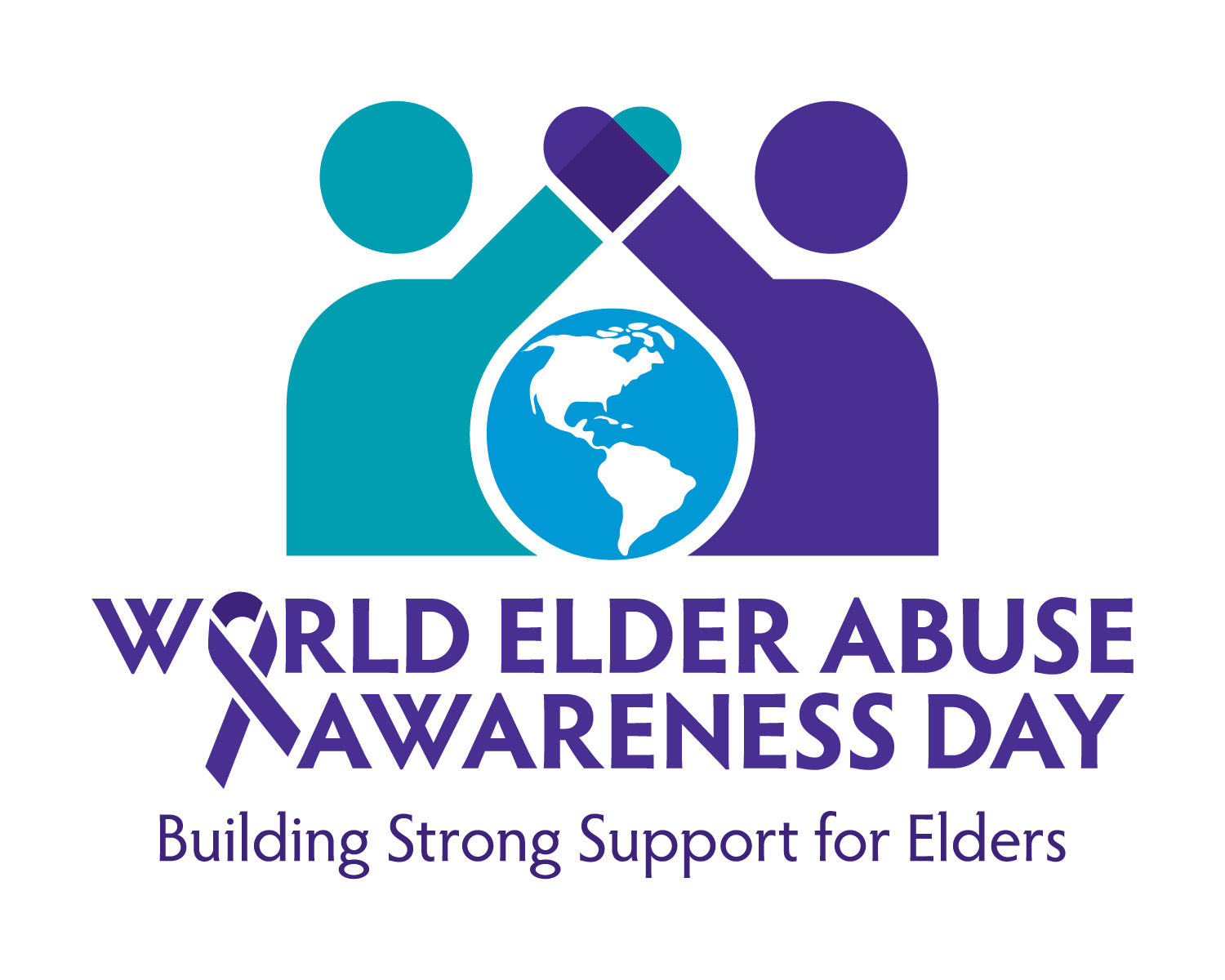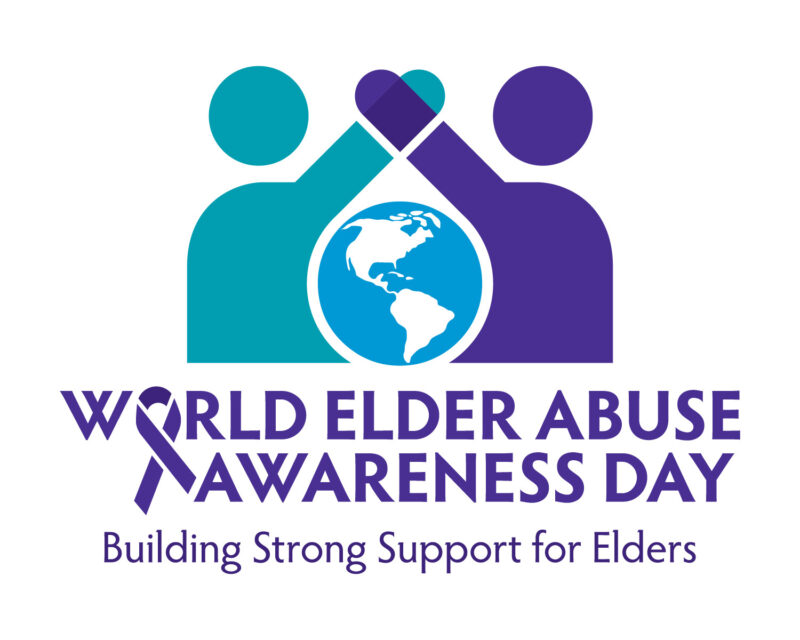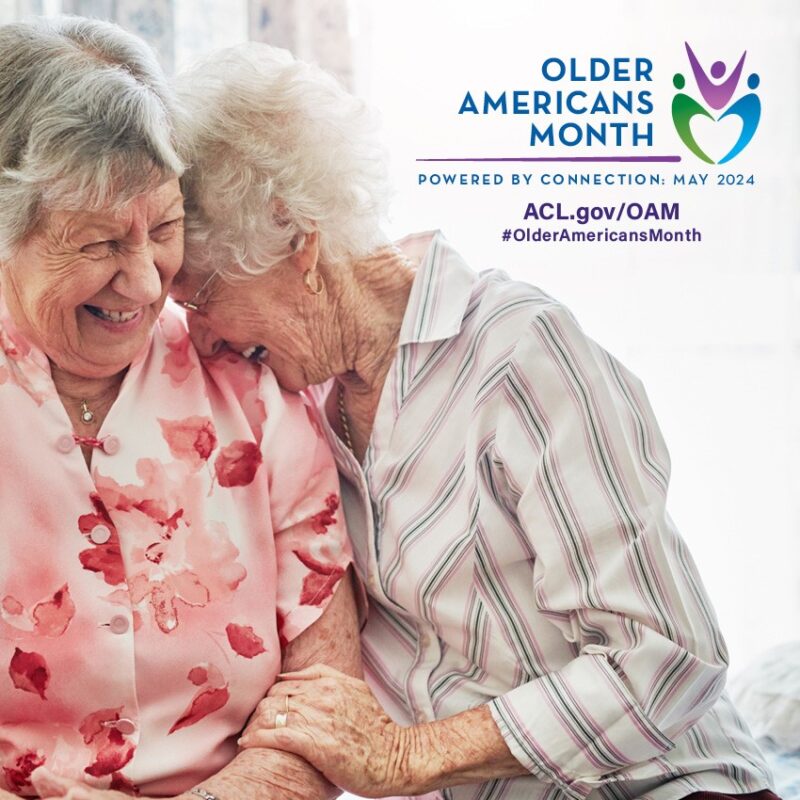Each year on June 15th, the world observes Elder Abuse Awareness Day, a crucial occasion dedicated to raising awareness about the abuse and neglect of older adults. As our global population ages, it becomes increasingly important to acknowledge and address the issues surrounding elder abuse. This day serves as a reminder that protecting the dignity and well-being of our senior citizens is a responsibility we all share.
Understanding Elder Abuse
Elder abuse encompasses a range of harmful behaviors directed towards older adults. It can occur in various settings, including within the home, in residential care facilities, and within the community. The abuse may be physical, emotional, sexual, or financial. It can also manifest as neglect or abandonment.
Types of Elder Abuse:
- Physical Abuse: Inflicting physical pain or injury through actions such as hitting, slapping, or pushing.
- Emotional Abuse: Causing emotional pain or distress through verbal assaults, threats, or harassment.
- Sexual Abuse: Non-consensual sexual contact of any kind.
- Financial Abuse: Illegally or improperly using an elder’s money, property, or assets.
- Neglect: Failing to provide necessary care, leading to harm or distress.
- Abandonment: Deserting an elderly person who is under one’s care.
Recognizing the Signs
Understanding the signs of elder abuse is critical for timely intervention. These signs may include unexplained injuries, sudden changes in financial situation, withdrawal from normal activities, sudden mood changes, poor hygiene, and weight loss. It’s essential for family members, friends, and caregivers to remain vigilant and report any suspicious activities or changes in behavior.
The Importance of Awareness
Raising awareness about elder abuse is crucial for several reasons:
- Prevention: By spreading knowledge about the signs and consequences of elder abuse, we can prevent it from happening in the first place.
- Support: Educating the public helps create a network of support for victims and encourages reporting.
- Policy Change: Awareness campaigns can drive legislative changes to better protect older adults and ensure stricter penalties for abusers.
How to Observe Elder Abuse Awareness Day
- Educate Yourself and Others: Learn about the different forms of elder abuse and share this knowledge within your community.
- Advocate: Support policies and programs that protect older adults from abuse. This can include volunteering with local organizations or participating in awareness events.
- Reach Out: If you suspect someone is being abused, report it to the appropriate authorities. Trust your instincts—it’s better to be wrong than to let potential abuse continue.
- Support Caregivers: Often, caregivers are under significant stress. Providing support and respite can help reduce the risk of caregiver burnout, which can lead to abuse.
Resources for Help
If you suspect elder abuse, it’s important to act quickly. Here are some resources:
- National Elder Abuse Hotline: Provides confidential support and can connect you with local resources.
- Adult Protective Services (APS): Each state has an APS agency to investigate and respond to elder abuse.
- Local Law Enforcement: In cases of immediate danger, contact the police.
Conclusion
Elder Abuse Awareness Day is more than just a date on the calendar; it’s a call to action. By raising awareness, educating ourselves and others, and advocating for stronger protections, we can help ensure that our older adults live with the dignity, respect, and safety they deserve. Let’s use this day as a catalyst for change and commit to protecting the well-being of our elderly population every day of the year.










